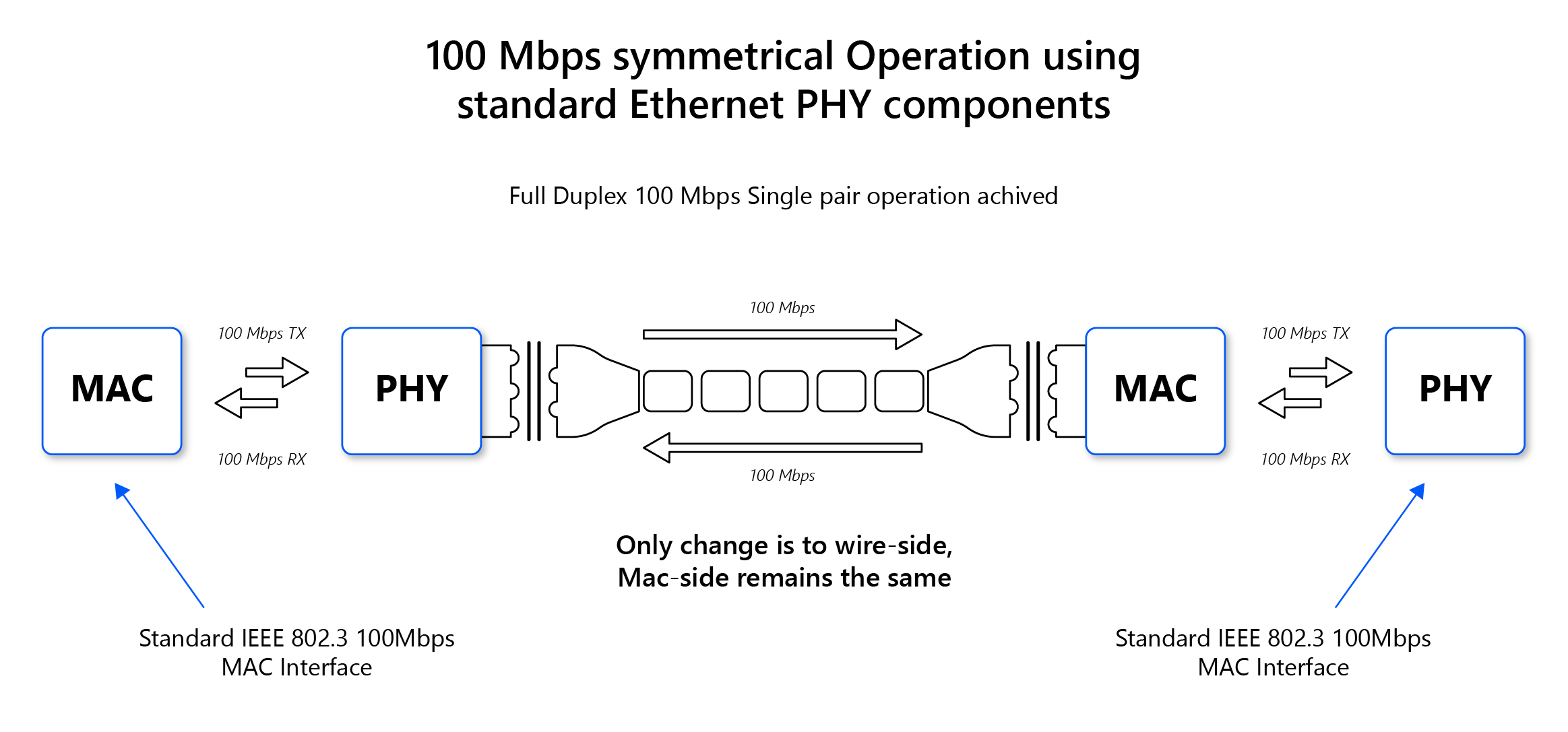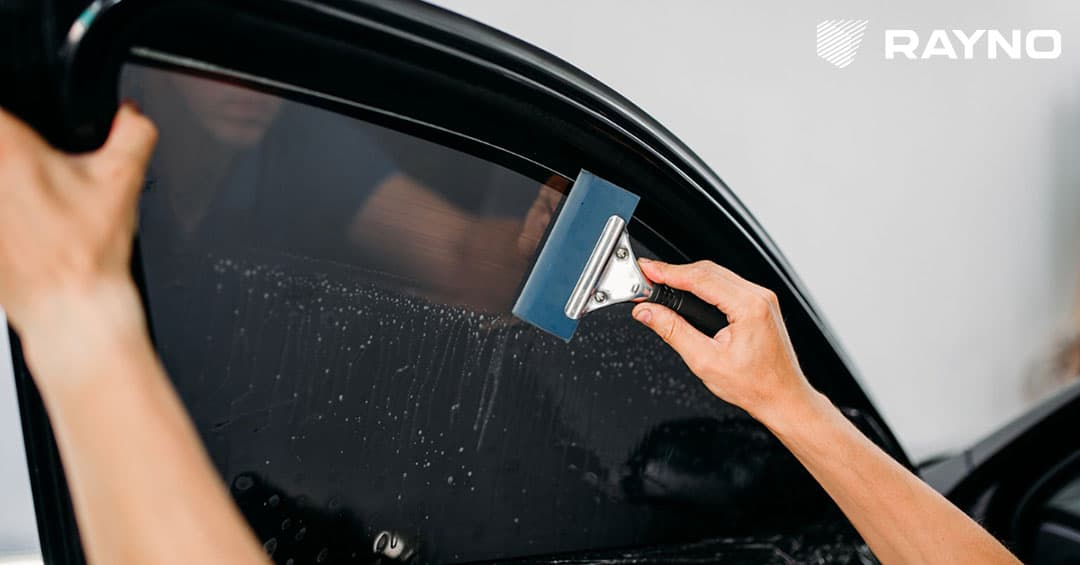Automotive Technician Tools: Identifying Essential Equipment
Understand automotive technician tools
Automotive technicians rely on a diverse array of specialized tools to diagnose, repair, and maintain vehicles efficaciously. These professionals must be equipped with the right instruments to handle everything from routine maintenance to complex engine overhauls. While the automotive industry continue to evolve with technological advancements, certain fundamental tools remain essential in every technician’s arsenal.
Essential hand tools for automotive technicians
The foundation of any automotive technician’s toolkit consist of reliable hand tools that enable them to access and manipulate various vehicle components.
Wrenches
Wrenches are peradventure the virtually fundamental tools for automotive work. Technicians typically use several types:
-
Combination wrench
Feature both open end and box end designs on opposite sides -
Socket wrench
Include ratchets and socket sets in various sizes and drive sizes (1/4 “, 3/8 “, and 1/2 ” eing wewell-nighommon )) -
Torque wrenches
Allow technicians to apply precise amounts of torque to fasteners -
Impact wrenches
Power tools that deliver high torque output with minimal exertion
Screwdrivers
A comprehensive set of screwdrivers is essential for access components secure with various fasteners:
- Phillips head screwdrivers in multiple sizes
- Flathead screwdrivers in various widths
- Torn screwdrivers for specialized fasteners
- Precision screwdriver sets for delicate electronic components
Pliers
Automotive technicians rely on several types of pliers:
- Needle nose pliers for reach into tight spaces
- Channel lock pliers for grip larger objects
- Vise grips for hold components firmly
- Wire cutters and strippers for electrical work
Diagnostic equipment
Modern vehicles require sophisticated diagnostic tools to identify and troubleshoot issues within their complex systems.
Old scanners
On board diagnostic (oold)scanners are essential for read error codes from a vehicle’s computer system. These range from basic code readers to advanced scan tools that can:
- Read and clear diagnostic trouble codes (dDTS))
- Monitor real time data from various sensors
- Perform bidirectional controls to test components
- Access manufacturer specific information and systems
Multimeters
Digital multimeters are critical for diagnose electrical issues by measure:
- Voltage
- Current
- Resistance
- Continuity
Pressure testers
Various pressure testing equipment help diagnose issues in several vehicle systems:
- Cool system pressure testers
- Fuel pressure testers
- Oil pressure testers
- Compression testers for engine diagnostics
Specialized automotive tools
Beyond basic hand tools and diagnostic equipment, automotive technicians require specialized tools for specific tasks.
Lifting equipment
To access the underside of vehicles safely, technicians use:

Source: memorang.com
- Hydraulic floor jacks
- Jack stand
- Vehicle lifts in professional settings
- Transmission jacks for remove heavy components
Engine service tools
Work on engines require specialized equipment such as:
- Time light for ignition timing
- Valve spring compressors
- Piston ring compressors
- Harmonic balancer pullers
- Cylinder hone tools
Brake service tools
Brake system work demand specific tools include:
- Brake caliper tools
- Brake bleed equipment
- Brake pad spreaders
- Rotor / drum measurement tools
Non-automotive tools that might bebe confuseds essential
While automotive technicians use a vast array of specialized tools, there be several items that are not typically find in their professional toolboxes. Understand which tools are not standard for automotive work can help distinguish between professional grade equipment and tools mean for other trades or hobbyist use.
Woodworking tools
Despite their usefulness in other trades, these woodwork tools are not standard for automotive technicians:
-
Wood planers
Use for smooth and dimension lumber -
Router table
For shape edges and cut grooves in wood -
Table saws
While some shops may have a general purpose saw, specialized woodworking table saws are not typical automotive equipment -
Wood chisels
Different from the metal work chisels that might occasionally be use
Masonry and construction tools
Construction specific tools are not part of a standard automotive toolkit:
-
Concrete mixers
Have no application in vehicle repair -
Trowels
Use for spread mortar or concrete -
Brick hammers
Specialized for masonry work -
Tile cutters
No application in automotive repair
Specialized electronics tools
While automotive technicians work with vehicle electronics, certain specialized electronics tools are not typically use:
-
PCB design equipment
Tools for create print circuit boards -
Oscilloscopes
Though become more common in advanced diagnostics, these are not still standard in all automotive toolkits -
Logic analyzers
Use chiefly by electronics engineers quite than automotive technicians
Gardening and landscaping tools
Apparently not relate to automotive repair:
-
Prune shears
No application in vehicle maintenance -
Lawn aerators
Solely for lawn care -
Hedge trimmers
Not use in automotive work
Tools that are become obsolete in modern automotive repair
As vehicle technology evolve, certain tools that were erstwhile common in automotive repair are become progressively obsolete:
Carburetor tools
With fuel inject engines nowadays standard across most all vehicles, specialized carburetor tools are seldom needed except when work on vintage vehicles:
- Carburetor synchronize tools
- Carburetor jet gauges
- Carburetor adjustment tools
Distributor tools
As electronic ignition systems have replaced mechanical distributors, these tools are become less necessary:
- Distributor wrench
- Point files and gap gauges
- Dwell meter
Emerge tools for modern automotive technicians
As automotive technology advances, new tools are become essential for technicians:
Electric vehicle service tools
With the rise of electric vehicles, specialized tools are become necessary:
- High voltage safety equipment
- Battery diagnostic tools
- Specialized insulated tools
Advanced computer diagnostic equipment
Modern vehicles require progressively sophisticated diagnostic capabilities:
- Manufacturer specific diagnostic software
- Reprogrammed interfaces
- Network communication analyzers
Safety equipment essential for automotive technicians
Professional automotive repair require proper safety equipment:

Source: automotivesmartsolutions.com
- Safety glasses and face shields
- Chemical resistant gloves
- Steel toed boots
- Ear protection
- Respirators for work with harmful substances
Make informed decisions about automotive tools
Whether you’re a professional technician or an automotive enthusiast, understand which tools are essential for automotive work help in make informed purchasing decisions. Professional technicians typically invest in high quality, durable tools specific to automotive applications, avoid tools design principally for other trades.
The distinction between automotive specific tools and those design for other purposes become specially important when set up a workshop or expand a tool collection. By focus on tools really use in automotive repair, technicians can allocate their resources more efficaciously and ensure they have the right equipment for the job.
Conclusion
Automotive technicians rely on a specialized set of tools design specifically for vehicle diagnostics, maintenance, and repair. While their toolboxes may contain hundreds of items, they typically don’t include tools design mainly for woodworking, masonry, landscaping, or specialized electronics manufacturing.
Understand which tools are essential for automotive work and which are not helped distinguish between professional automotive equipment and tools mean for other trades. As vehicle technology will continue to will evolve, indeed besides will the toolkit of the modern automotive technician, with new specialized tools will emerge to will address the challenges of advanced vehicle systems.


